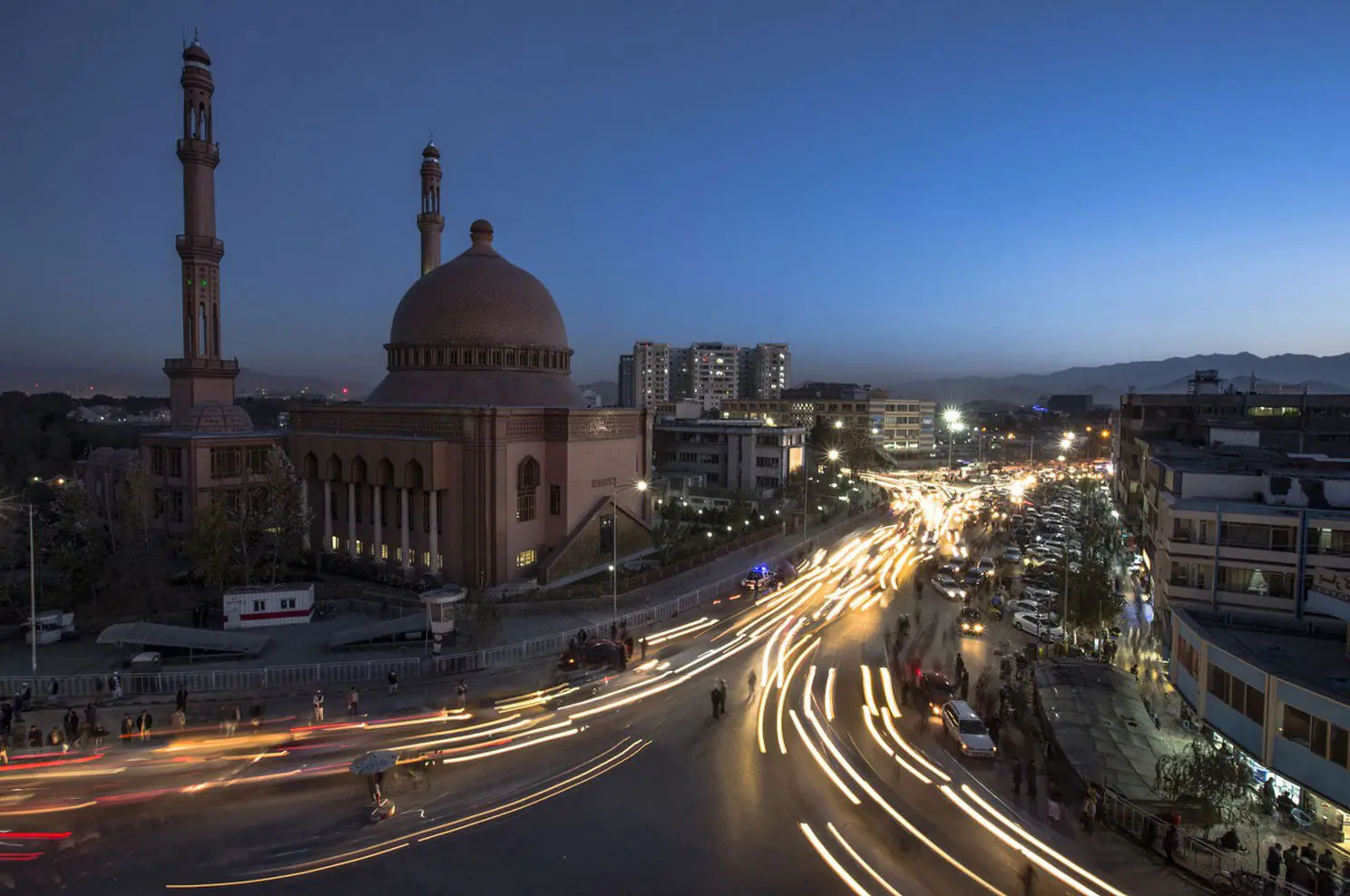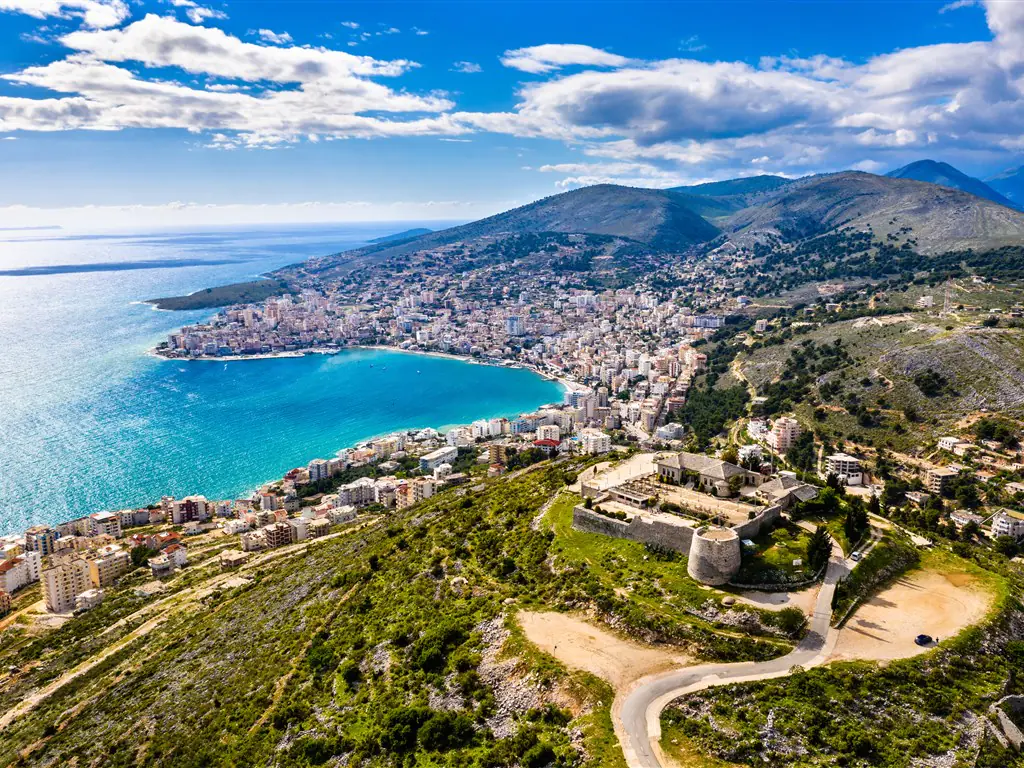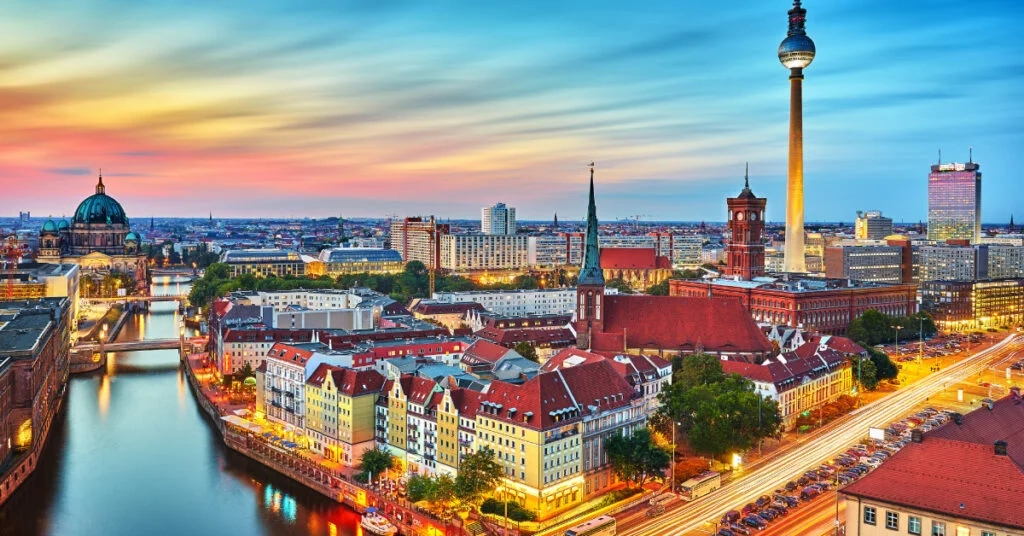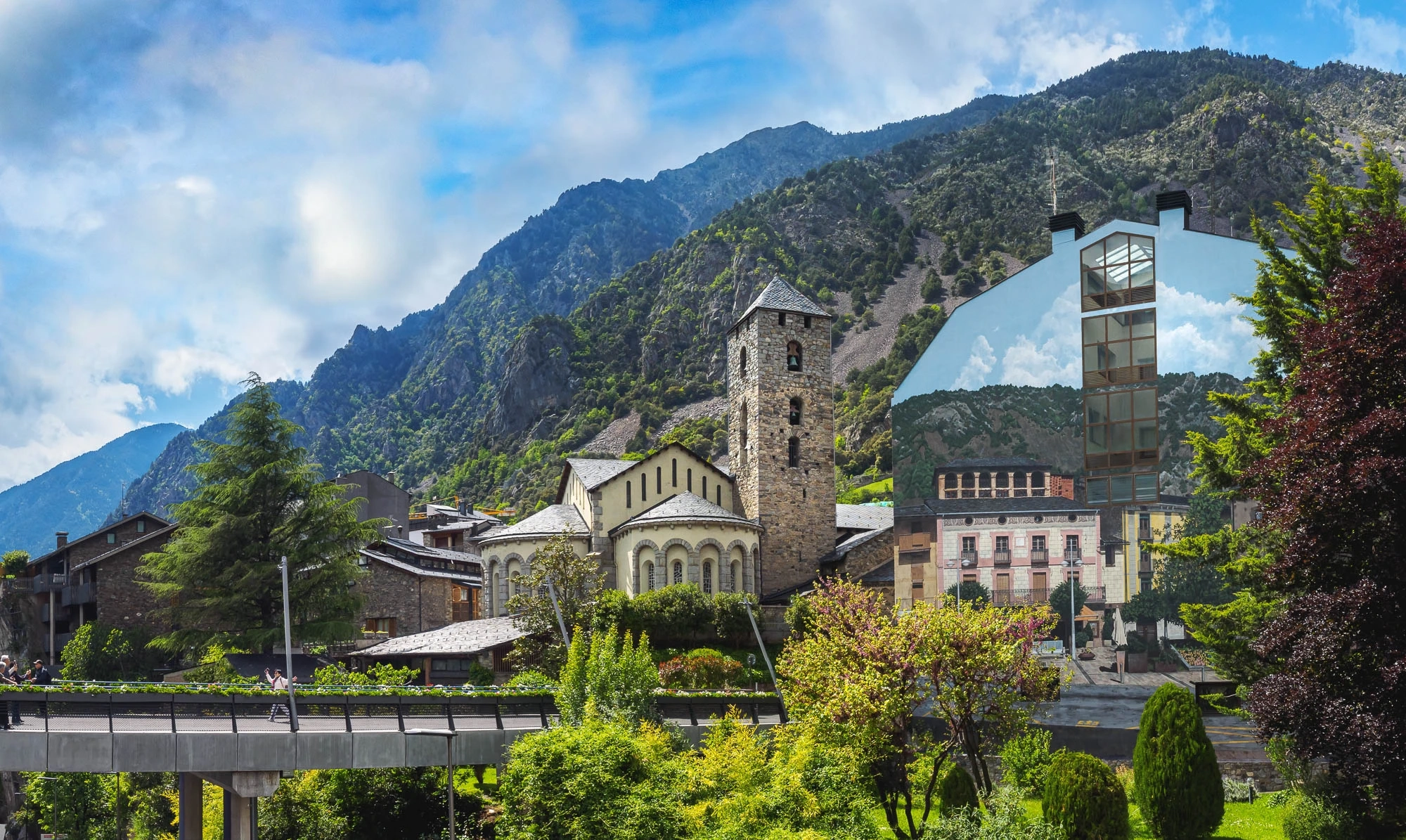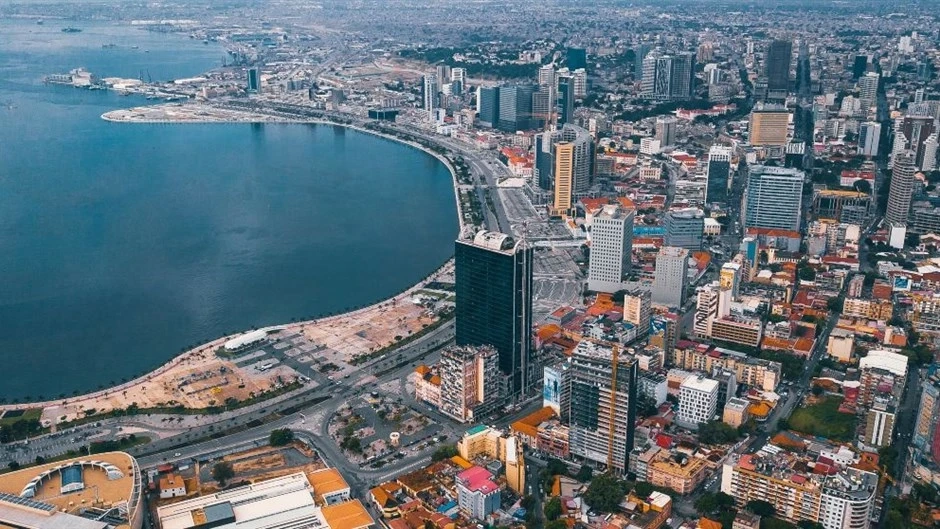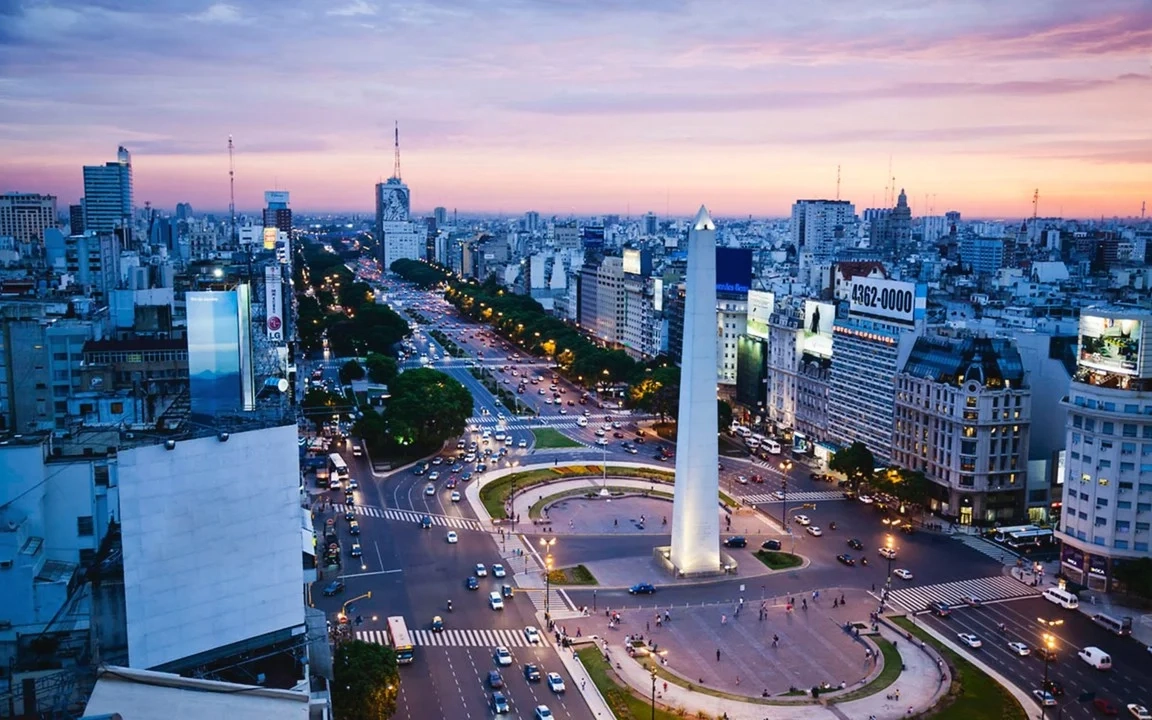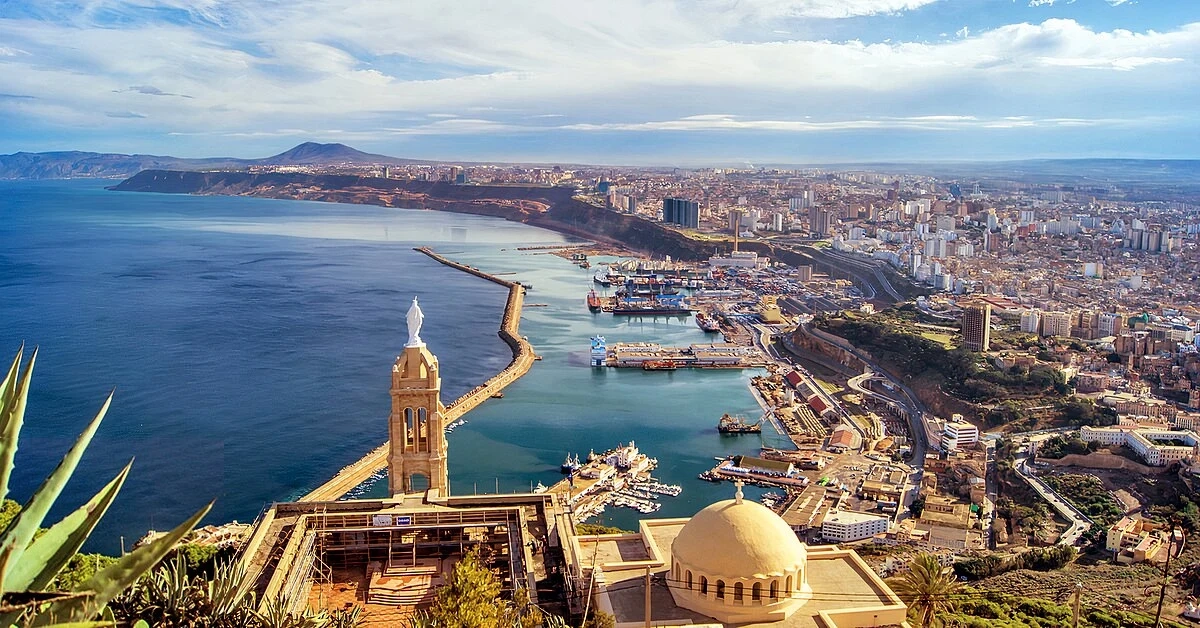1. Stockholm: The capital city, built on 14 islands, offers a mix of modernity and history. Visit the Old Town (Gamla Stan), the Royal Palace, and explore museums like the Vasa Museum and ABBA Museum.
2. Gothenburg: Is known for its picturesque canals, the Liseberg amusement park, and cultural attractions like the Gothenburg Museum of Art.
3. Malmö: Is known for the Turning Torso skyscraper and the Oresund Bridge. Enjoy the modern architecture and the city's vibrant atmosphere.
4. Gotland: An island in the Baltic Sea, Gotland is famous for its medieval architecture, charming towns like Visby, and beautiful beaches.
5. Kiruna and the Icehotel: Located in the far north, Kiruna is known for its unique Icehotel, constructed entirely of ice and snow. Visitors can experience the Northern Lights in this Arctic region.
The best time to visit Sweden depends on the type of experience you're seeking. Sweden experiences distinct seasons, each offering different attractions and activities. Here's a breakdown of the seasons:
• Summer (June to August): Summer is the most popular time to visit Sweden. The weather is generally mild and pleasant, with longer days and shorter nights. This is an ideal time for outdoor activities, exploring cities, and enjoying festivals.
• Autumn (September to November): Autumn brings cooler temperatures, and the vibrant fall foliage transforms the landscapes. It's a great time for hiking, enjoying nature, and experiencing the traditional Swedish "Allemansrätten" or "Everyman's Right".
• Winter (December to February): Winter in Sweden can be magical, especially in the northern regions where you may witness the Northern Lights. Winter sports enthusiasts can enjoy skiing and other snow activities. However, days are shorter, and temperatures can be cold.
• Spring (March to May): Spring marks the awakening of nature, with blossoming flowers and longer days. It's a lovely time to visit as the weather becomes milder, and outdoor activities become more enjoyable.
• Local Transportation (Bus/Tram/Local Train): Public transportation is efficient and widely used in cities. Prices vary by city, but a single ticket for local transportation may range from 30 SEK to 60 SEK (Swedish Krona). Monthly passes for public transportation in cities like Stockholm may cost around 830 SEK.
• Taxis: The starting fare is typically around 50 SEK, with additional charges per kilometer.
• Rental Cars: Daily rental prices for a standard car can range from 400 SEK to 800 SEK, depending on the type of car and rental duration.
• Bicycles: Many cities, especially Stockholm, are bike-friendly. Bike rentals are available. Bicycle rental for a day may cost around 150 SEK.
• Trains: Sweden has an extensive and efficient train network connecting major cities. Inter-city Train Tickets: Prices vary depending on the distance, but a one-way ticket from Stockholm to Gothenburg, for example, may cost around 500 SEK.
• Domestic Flights: Prices vary based on the destination, but a one-way domestic flight may range from 500 SEK to 1,500 SEK or more.
• Ferries: Sweden has a coastline with many islands, and ferries are commonly used for island hopping. Prices depend on the route and duration, but a one-way ferry ticket may range from 100 SEK to 500 SEK.
Free Import:
• Tobacco Products: Travelers aged 18 and older can bring the following without paying duties: 200 cigarettes or 250 grams of tobacco.
• Alcohol: The following amounts of alcohol can be imported without paying duties: 1 liter of spirits (>22% alcohol content) or 2 liters of fortified wine or spirits (≤22% alcohol content); 4 liters of still wine; 16 liters of beer.
• Perfume and Eau de Toilette: Travelers can bring a reasonable amount for personal use.
• Other Goods: Up to a certain value of goods (depending on the means of transportation), travelers can bring items for personal use without paying duties.
Restricted Items:
• Medications: Prescription medications for personal use are allowed, but travelers should carry a copy of the prescription.
• Pets: When bringing pets, such as dogs and cats, into Sweden, specific regulations and documentation are required, including proof of microchipping, rabies vaccination, and an EU pet passport.
• Plants and Plant Products: Some plants and plant products may be subject to restrictions.
Prohibited Items:
• Firearms and Ammunition: Strict regulations apply to the import of firearms and ammunition. A permit is required, and travelers should contact Swedish authorities well in advance.
• Illegal Drugs: The possession and import of illegal drugs are strictly prohibited.
• Certain Food Products: Restrictions may apply to the import of certain food products, particularly those containing meat and dairy.
• Counterfeit Goods: Importing counterfeit goods is prohibited.
There are many emergency numbers in Sweden. Below is a list of the main ones:
• 112 – this number is called in case of emergencies: serious health conditions, fires, crimes.
• 113 13 – Information number in case of accidents and crises
• 114 14 – Police number for non-urgent matters
• 1177 – Health care advice






